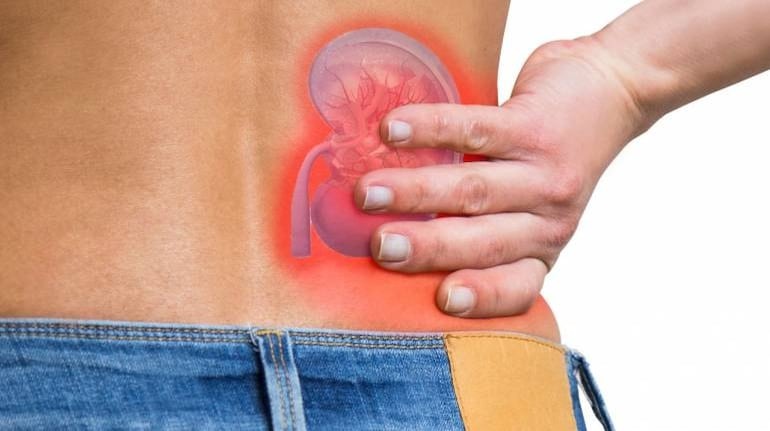
The kidneys are among the most vital organs in our body, responsible for filtering blood, removing toxins, regulating fluids, and balancing electrolytes. They also play a crucial role in controlling blood pressure, producing red blood cells, and maintaining bone health.
However, due to poor lifestyle choices and unhealthy eating habits, kidney health can gradually deteriorate without showing obvious symptoms early on. By the time kidney disease is diagnosed, significant damage may have already occurred.
It is crucial to recognize the early warning signs of kidney failure to prevent severe health complications. Here are key symptoms that indicate kidney damage.
1. Swelling in Feet, Ankles & Face
✔ Why It Happens?
- When the kidneys fail to remove excess fluids, swelling (edema) appears in the feet, ankles, face, or hands.
✔ What to Do? - Persistent swelling could indicate kidney dysfunction—seek medical advice immediately.
2. Changes in Urination
✔ Signs to Watch For:
- Foamy urine (due to excess protein loss).
- Frequent urination, especially at night.
- Blood in urine (pink, red, or dark brown color).
- Difficulty urinating or reduced urine output.
✔ What to Do?
- Any sudden changes in urination patterns require urgent medical evaluation.
3. Constant Fatigue & Weakness
✔ Why It Happens?
- Diseased kidneys fail to remove toxins from the blood, leading to fatigue and low energy levels.
- Kidney failure can cause anemia, reducing oxygen supply to the body, making you feel weak and exhausted.
✔ What to Do?
- Chronic fatigue without a clear reason should not be ignored—consult a doctor.
4. Persistent Itching & Dry Skin
✔ Why It Happens?
- Kidney disease disrupts mineral balance, leading to itching, rashes, and extremely dry skin.
- The buildup of toxins in the blood can cause severe skin irritation.
✔ What to Do?
- If you experience ongoing skin problems, get your kidney function checked.
5. Loss of Appetite & Nausea
✔ Why It Happens?
- A buildup of waste products in the blood can lead to nausea, vomiting, and loss of appetite.
- This often results in unintentional weight loss.
✔ What to Do?
- Sudden appetite loss or frequent nausea could signal advanced kidney disease—consult a doctor.
6. High Blood Pressure (Hypertension)
✔ Why It Happens?
- The kidneys help regulate blood pressure. If they are damaged, blood pressure levels rise uncontrollably.
- Uncontrolled hypertension can worsen kidney damage, creating a dangerous cycle.
✔ What to Do?
- If you have high blood pressure despite medication, consider checking your kidney function.
7. Shortness of Breath
✔ Why It Happens?
- Excess fluid buildup in the lungs due to kidney failure can cause breathing difficulties.
- Anemia from kidney disease also reduces oxygen supply, leading to shortness of breath.
✔ What to Do?
- If you struggle to breathe with no clear cause, consult a doctor.
--Advertisement--

 Share
Share



